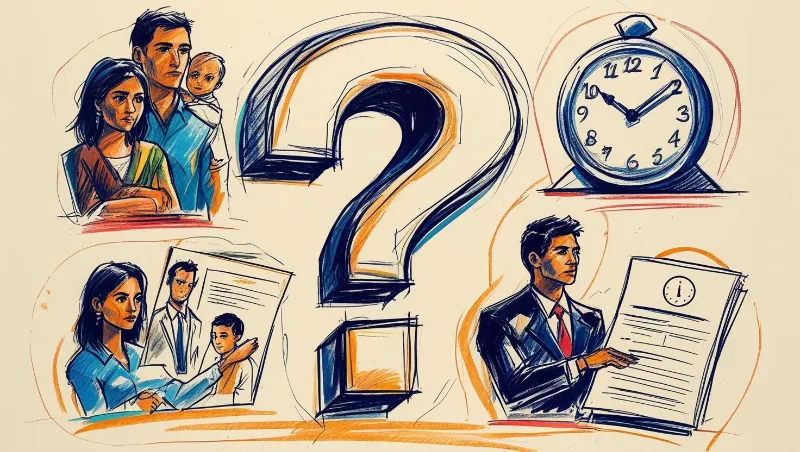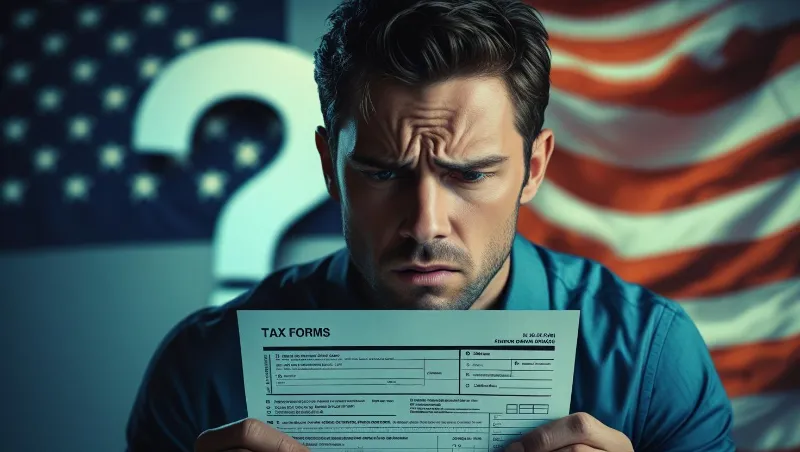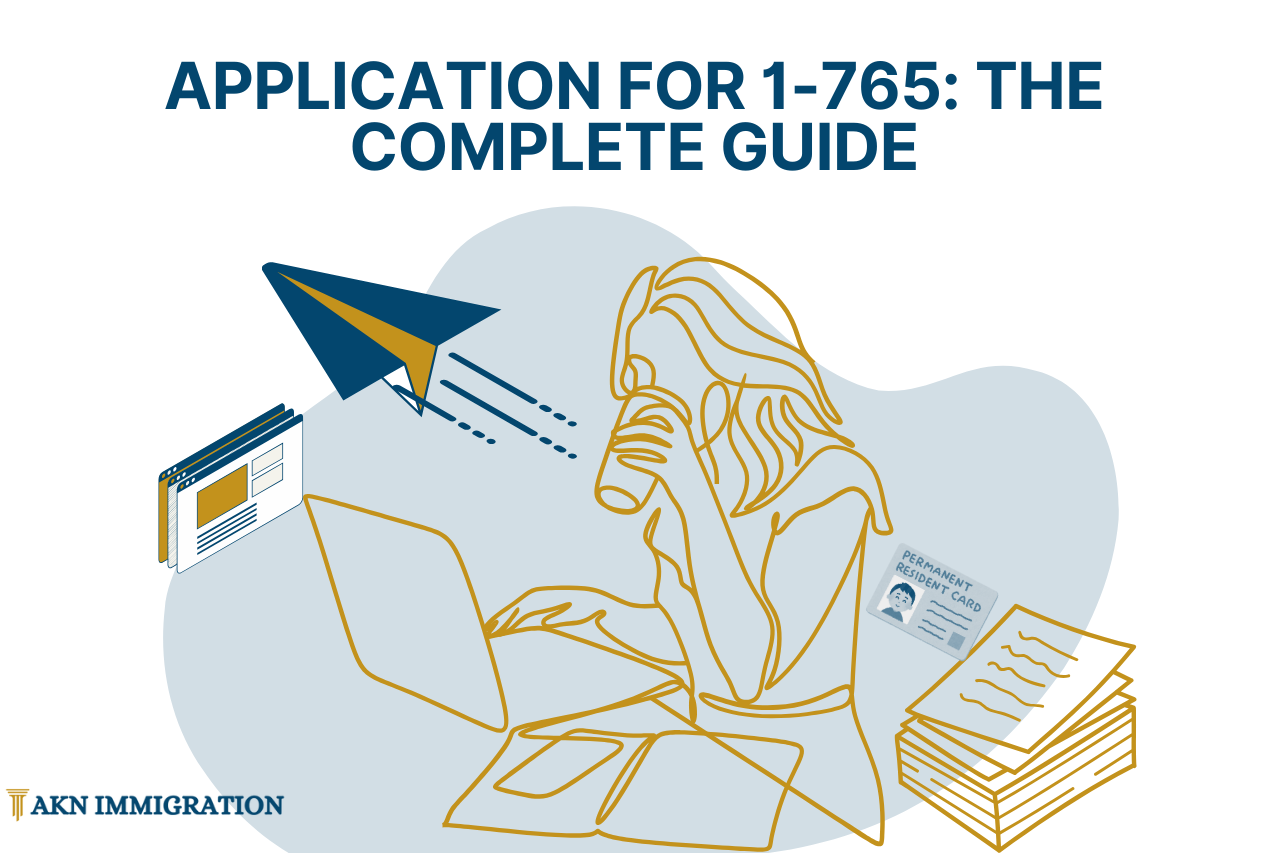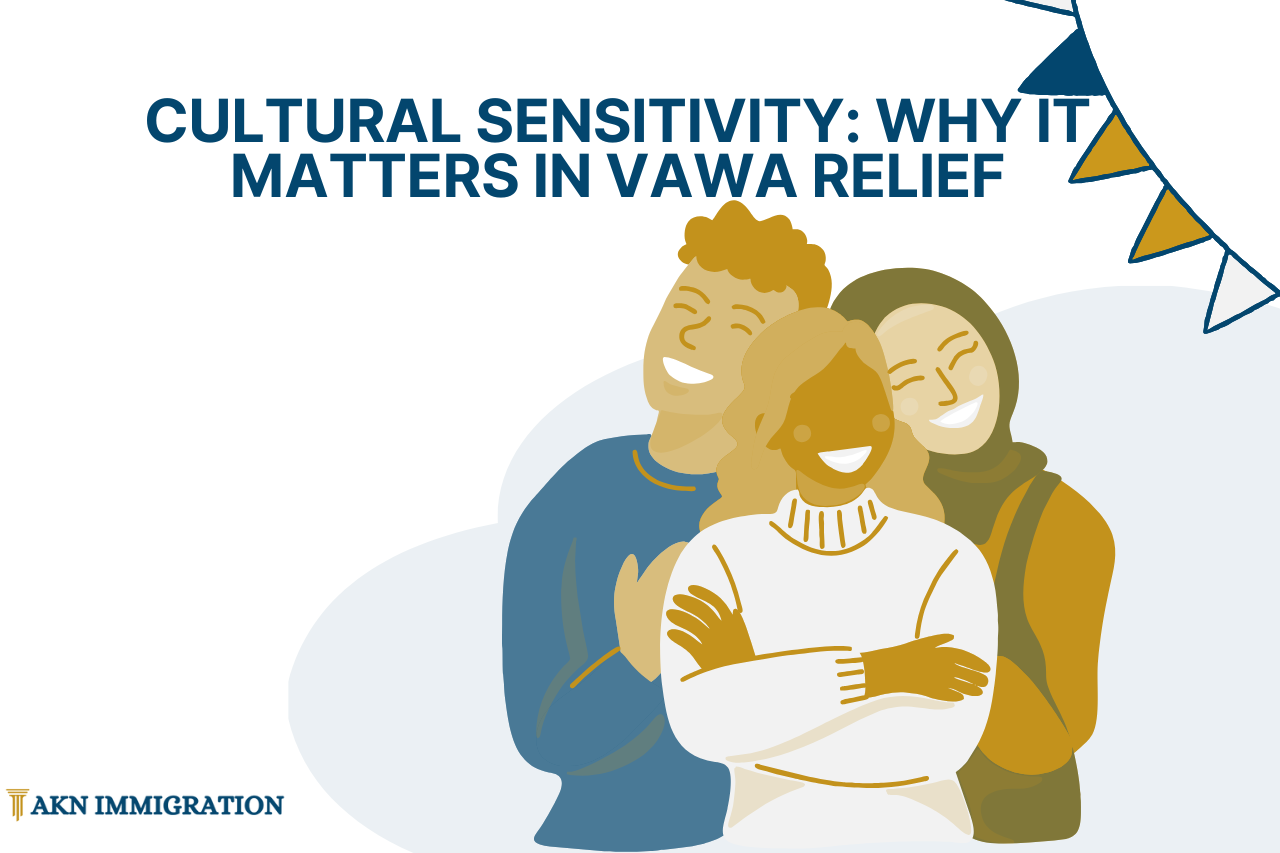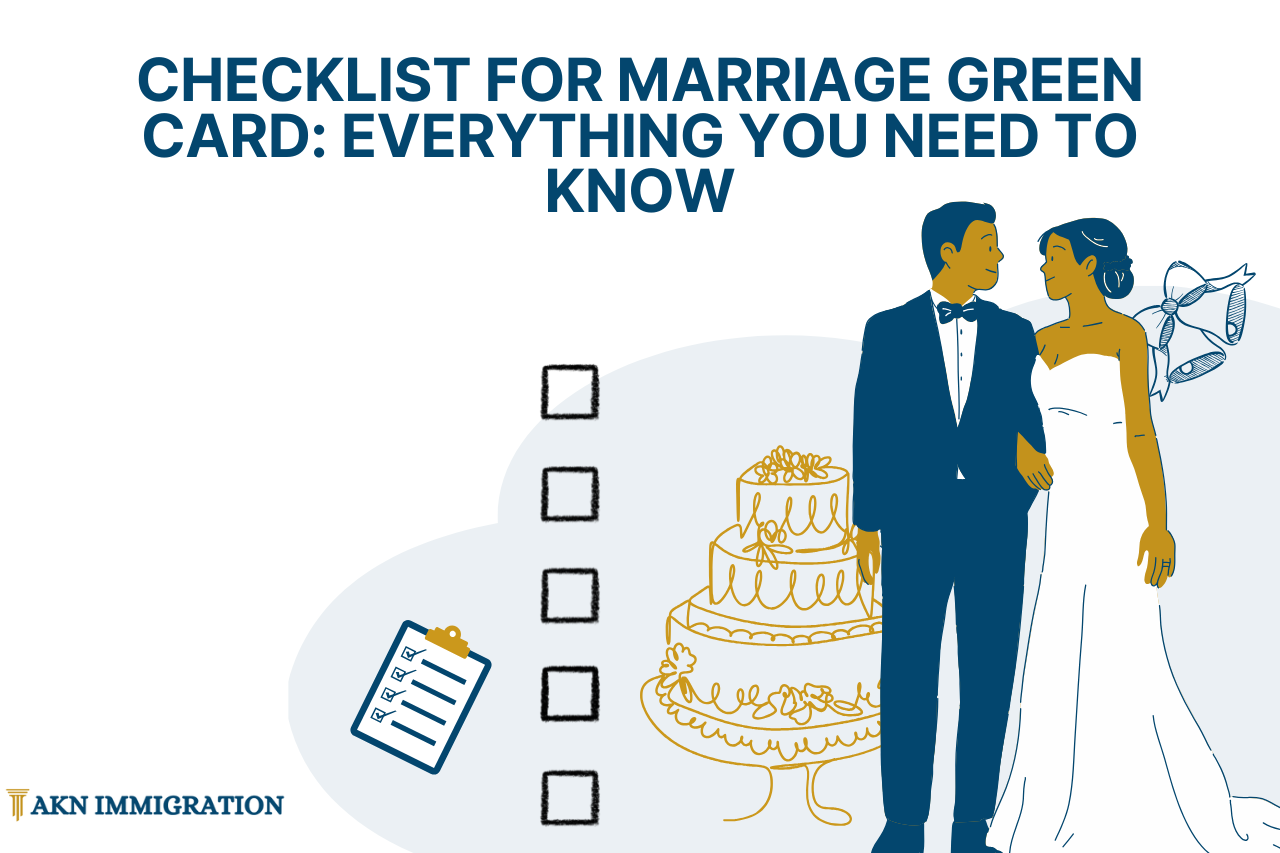The Violence Against Women Act (VAWA) provides immigration protection to individuals, regardless of gender, who have experienced abuse at the hands of a U.S. citizen or green card holder qualifying relative. As we explore the complexities of navigating VAWA, it’s clear that utilizing the provisions of VAWA can have a profound impact on the lives of abused women, and it’s equally important to recognize how these same protections can be leveraged to safeguard the well-being of children, ensuring their safety and protection from abuse and exploitation. Click here to learn more about how VAWA can be utilized to protect children.
One of VAWA’s critical provisions enables eligible immigrants to self-petition for lawful permanent residency (a Green Card) without their abuser’s knowledge or consent, a process known as self-petitioning under VAWA. Consequently, this empowerment allows victims to seek safety and independence, preventing control through their immigration status.This empowerment allows victims to seek safety and independence, preventing control through their immigration status.
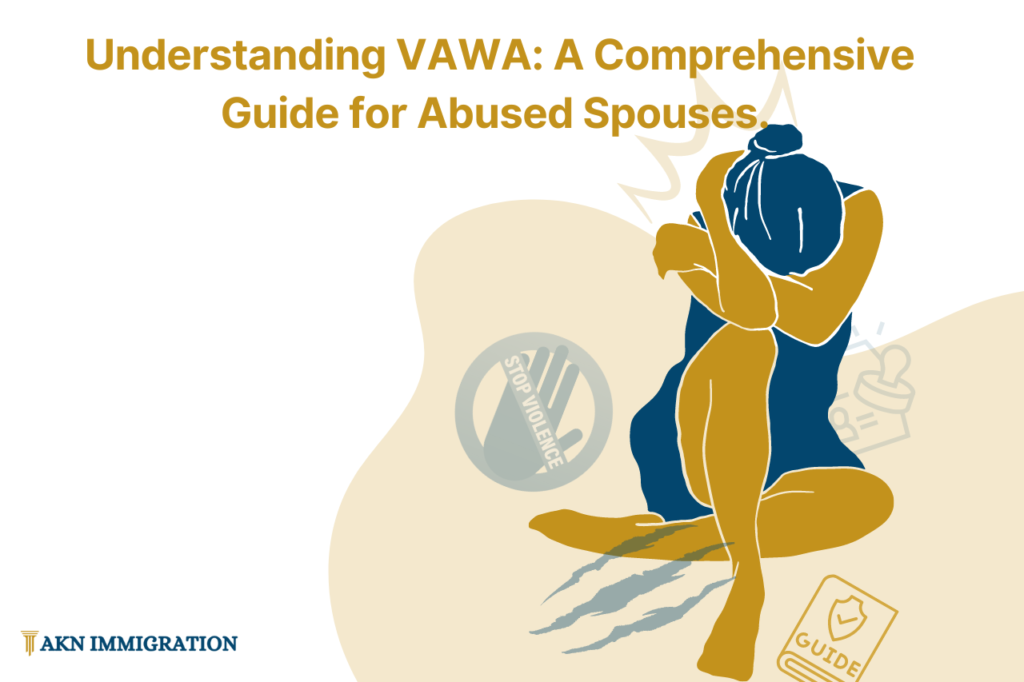
Hello. I’m Aisha Nanyanzi, an immigration attorney who helps domestic violence victims secure their immigration status through VAWA petitions. I am passionate about advocating for survivors and ensuring they have the legal support needed to navigate the complexities of VAWA and achieve safety and stability in the United States. If you or someone you know has experienced domestic violence and needs assistance with a VAWA petition, please reach out to me here.
What is the Violence Against Women Act in the context of immigration law?
One of the critical provisions within VAWA enables eligible immigrants to self-petition for lawful permanent residency (a Green Card) under its provisions, granting them autonomy in their immigration journey without the knowledge or consent of their abuser. Consequently, this empowerment allows victims to seek safety and independence, preventing control through their immigration status.
What are the benefits of applying for a Green Card under VAWA?
Applying for a Green Card under VAWA empowers victims to independently file their petitions, a process known as self-petitioning. This process is crucial in removing the abuser’s control over the victim’s immigration status. Successful applicants can achieve lawful permanent residency work authorization and may even petition for select family members in certain situations. Here are some additional benefits:
- protection from deportation
- access to work authorization
- eligibility for public benefits
- family reunification with eligible family members
Who is eligible to apply for immigration benefits under VAWA?
Immigration benefits are available to spouses, certain intimate partners, children, and in some instances, parents who have experienced physical, emotional, or psychological abuse from a U.S. citizen or lawful permanent resident qualifying relatives.
Notably, eligibility extends beyond those currently married to the abuser. Even if the marriage ended in divorce or due to the abuser’s death, individuals who entered the marriage in good faith can still apply for these benefits.
What are the requirements to qualify for VAWA?
To qualify, you must meet these five (5) main requirements:
- You must be in a qualifying relationship with an abusive U.S. citizen or lawful permanent resident.
- You must reside in the U.S. at the time of filing the petition and have lived with the abusive
- U.S. citizen or lawful permanent resident at some point.
- The abusive person must be a U.S. citizen or lawful permanent resident.
- You must have suffered abuse at the hands of the U.S. citizen or lawful permanent resident.
- You must demonstrate good moral character.
Can my children be included in the same VAWA application, and will we receive visas simultaneously if granted?
Yes, children under 21 can be included in the same VAWA application along with the primary applicant (spouse or parent). The process typically requires each eligible family member to file separate forms, detailing the abuse they have suffered and their relationship to the abusive U.S. citizen or lawful permanent resident.
If the primary applicant’s VAWA petition is approved, the status for eligible children are usually processed simultaneously.

Can I apply for a VAWA visa discreetly while living with my abusive spouse? Will my spouse find out about the application?
Applying for a VAWA visa while living with an abusive spouse can be challenging, and it’s essential to prioritize your safety throughout the process. While you can apply without your spouse’s knowledge, it’s crucial to take certain precautions to protect yourself:
- Safety Planning: Before initiating the application process, create a safety plan to ensure your protection in case your spouse becomes aware of your application. This may involve securing a safe place to stay, notifying trusted individuals about your situation, and having emergency contact information readily available.
- Confidentiality: The confidentiality provisions aim to protect applicants from disclosure to their abusers. USCIS does not inform the abuser about the application, and keeps information related to the application confidential.
- Legal Guidance: Seek legal guidance from an experienced immigration attorney specializing in VAWA cases. An attorney can provide personalized advice, assess your situation, and discreetly guide you through the application process.
- Document Preparation: Gather necessary documents and evidence to support your VAWA application. These include police reports, medical records, witness statements, and other supporting documentation. Ensure that you keep these documents in a safe and secure location.
- Consultation with Attorneys: Domestic violence advocates or counselors can provide emotional support and additional resources during this challenging time.
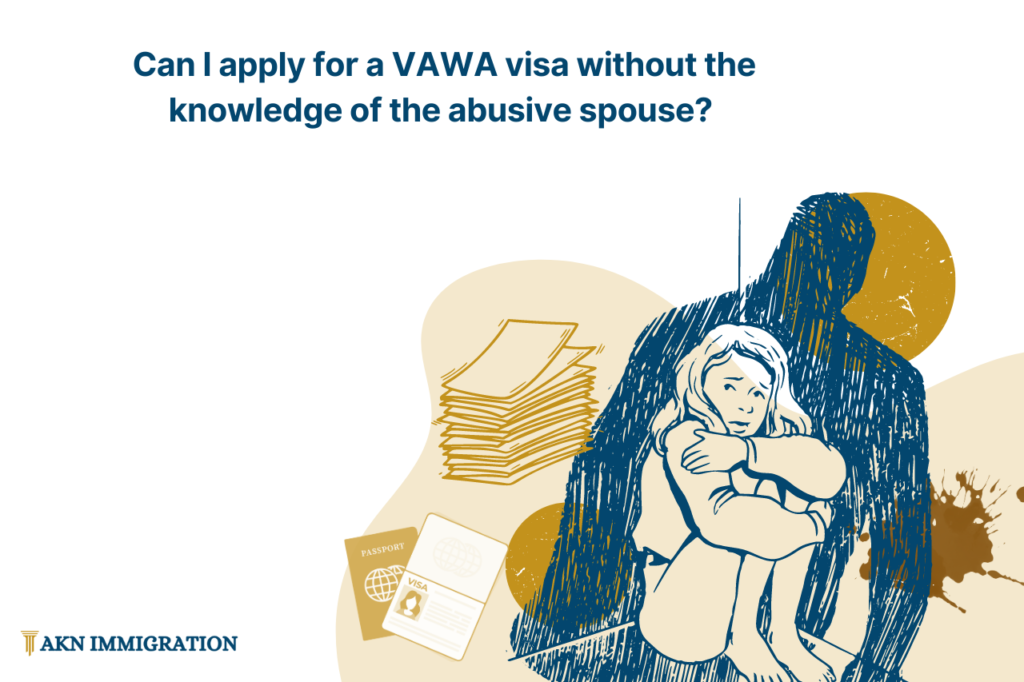
It’s important to remember that your safety is paramount. If you are in immediate danger or require assistance, contact local law enforcement or domestic violence hotlines. Your immigration attorney can also guide available resources and legal protections.
What If I Have a Pending I-485 Through My Spouse?
If you have a pending I-485 application based on your spouse’s petition and are considering applying for a VAWA visa due to abuse, you can request to transfer your pending I-485 to your VAWA application. This transfer allows you to pursue lawful permanent residence independently of your spouse, providing a pathway to legal status even if you choose to leave the abusive relationship.
Transferring your pending I-485 to a VAWA-based application can offer you independence and legal protection from an abusive situation. Please note that you will still need to file a VAWA self-petition. USCIS Form I-485 Instructions
What is the 2-year rule for VAWA?
The “2-year rule” in the context of VAWA relates to a specific provision that allows individuals to potentially qualify for VAWA benefits even if they are no longer married to an abusive spouse. This enables individuals who have experienced abuse to apply for VAWA within two years after their divorce or the death of the abusive spouse.
Please note that this rule is applied differently for VAWA cancellation of Removal, which is VAWA before the Immigration Court.
In conclusion
Remember, you are not alone. We’ve helped survivors of domestic violence prepare their petitions, paving the way for a new chapter in their immigration journey. Our experience and dedication ensure you receive the support and guidance to navigate this process successfully. Contact us today to learn more about your options and how we can help.

